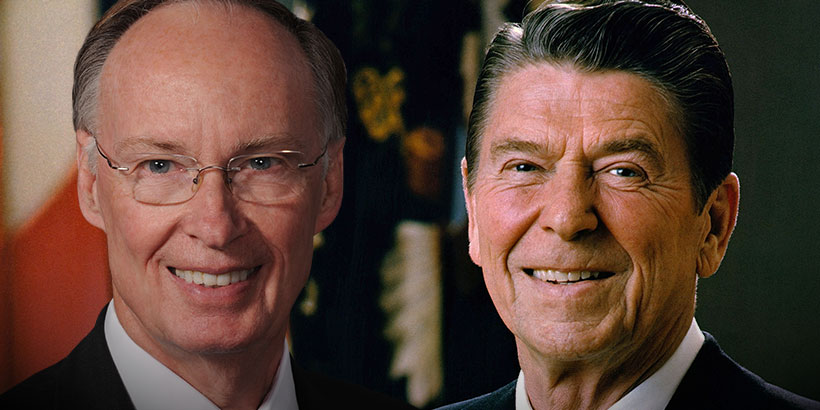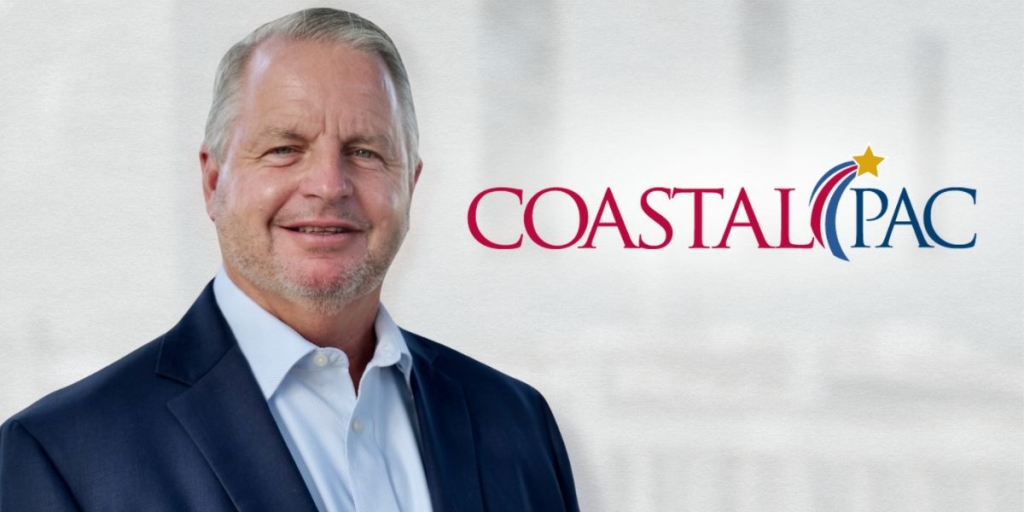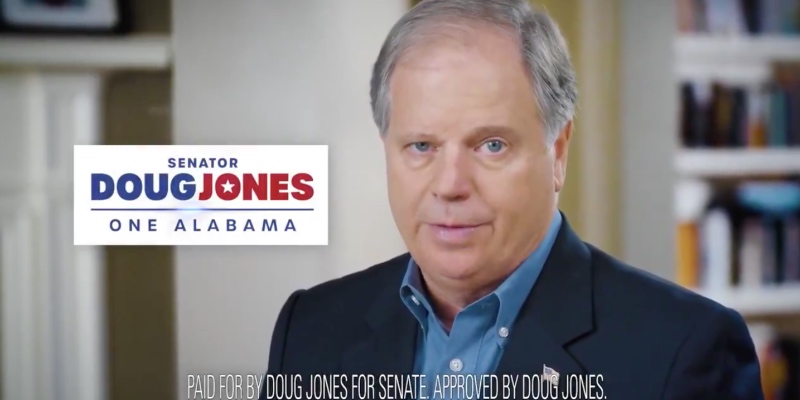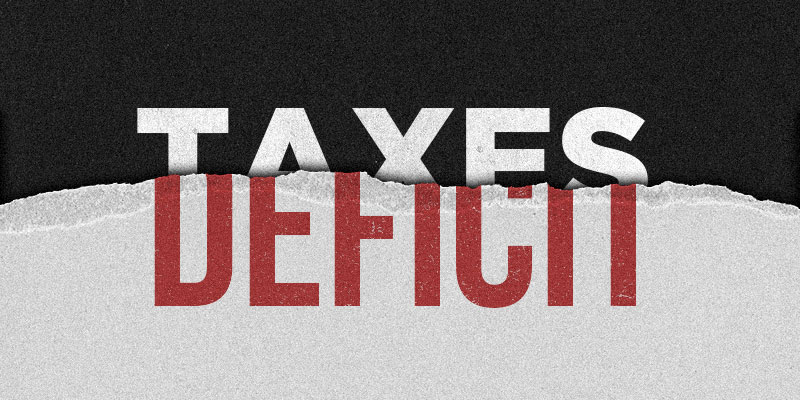
Alabama Governor Robert Bentley made headlines this week by declaring in a speech promoting his $541 million tax increase proposal that “Reagan raised taxes because he was conservative.”
So how do Bentley’s tax increase proposals stack up against the Gipper’s?
It may come as a surprise to many, but President Reagan did increase some taxes during his two terms in the 1980s, including a temporary increase to the federal gasoline tax from 4 cents to 9 cents, as well as increases on the cigarette tax, payroll taxes, and some corporate taxes.
The largest of his tax increases, part of the “Tax Equity and Fiscal Responsibility Act of 1982,” were approved as part of a deal that Congress would make $3 in spending cuts for every $1 in tax increases. Congress never upheld its part of the bargain and Reagan later expressed regret that he ever agreed to it in the first place.
But dollar for dollar, do those increases outweigh his massive income tax cuts?
Ryan Ellis at Americans for Tax Reform says no.
“Reagan was a net tax cutter,” said Ellis. “I believe that makes him unique in the 20th century Cold War era.”
Governor Bentley’s tax increases do have some overlap with former President Reagan’s, namely the cigarette taxes and closing some loopholes in corporate and business taxes.
Reagan and Bentley also both pushed for conservative reforms, although Bentley’s reform measures have not focused on the tax code the way Reagan’s did. Rather than just working to increase the amount of government revenue, as Bentley is doing this year, Reagan drastically overhauled the income tax code, cutting the top marginal income tax rate from 70 percent to 28 percent and reducing the number of income brackets from 16 to 2. That saved millions of Americans hundreds of millions of dollars each year he was in office.
Bentley’s reform measures have focused on streamlining state government. He’s worked to do this through various efforts ranging from public employee pension reform and scaling back the state’s workforce to bond refinancing and indigent defense reform. He touts $1 billion in annual savings as a result of these measures, but critics say these were mostly reductions in planned increases, rather than actual cuts, as evidenced by the General Fund budget increasing each year the governor has been in office.
Another key difference between Reagan’s time in office and Bentley’s current term is the makeup of the legislative bodies with which the two executives worked. Governor Bentley has Republican supermajorities in both houses of the state legislature, presumably fertile ground for pro-growth tax reform and cost-cutting. President Reagan had a Republican Senate but a Democratic House led by powerful Speaker Tip O’Neill, making it much more difficult for Reagan to push through staunchly conservative proposals.
As for Gov. Bentley’s assertion that President Reagan raised taxes because the conservative thing to do was to bring in more money to pay the country’s bills, Americans for Tax Reform President Grover Norquist says he does not believe that was Reagan’s reasoning.
“Reagan signed tax hikes because he had Tip O’Neill’s Democrat House with complete power over the budget and a ‘Republican’ Senate that refused to restrain runaway spending,” Norquist told Yellowhammer.
But it is also worth noting that states are constitutionally mandated to balance their budgets, while the federal government is not under any such obligation. That puts Bentley in a much more difficult position than Reagan when it comes to the need for immediate action when there is a shortfall.
In the end, despite his appeals to fans of President Reagan, Alabamians’ distaste for tax hikes has made Gov. Bentley’s quest for $541 million in tax increases difficult.
With just days left until the end of the 2015 regular legislative session, lawmakers have yet to consider any of the governor’s tax increase proposals. The House passed a budget that would make $250+ million in cuts to most agencies and departments funded by the General Fund, a proposal the governor called “unworkable.”
Like this article? Hate it? Follow me and let me know how you feel on Twitter!
— Elizabeth BeShears (@LizEBeesh) January 21, 2015












